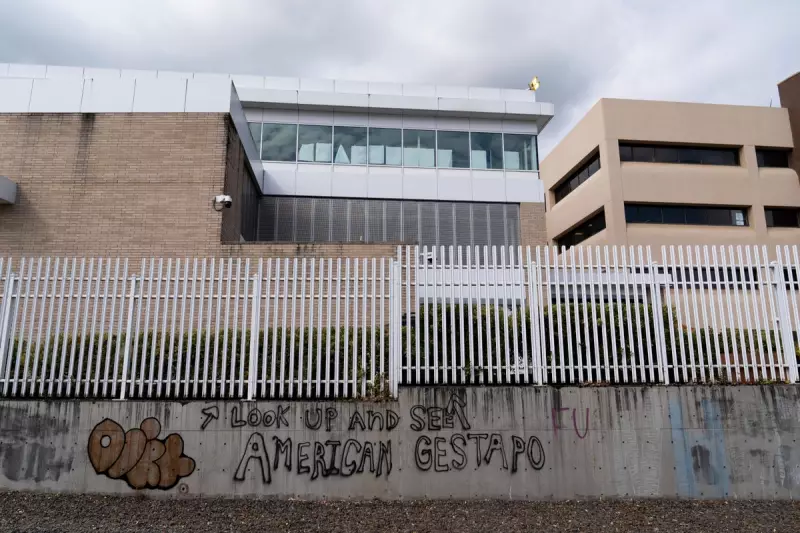
The controversial deployment of federal agents to Portland, Oregon, is drawing to a close, marking a significant shift in the Trump administration's approach to the ongoing unrest in the city. The decision follows weeks of intense, often violent, clashes that turned the city's federal courthouse into a nightly battleground and sparked a national debate on federal overreach.
Governor Kate Brown of Oregon announced the phased withdrawal, brokered after discussions with Vice President Mike Pence and other officials. Under the agreement, state police will take over responsibility for safeguarding federal properties, a move intended to de-escalate tensions that have gripped the city for over two months.
Escalation and Legal Backlash
The federal presence, which included officers from Customs and Border Protection (CBP) and the Department of Homeland Security, was fiercely criticised for its tactics. Agents clad in military-style camouflage were repeatedly filmed detaining protesters in unmarked vans, a practice that raised alarm over civil liberties and due process.
This heavy-handed strategy appears to have backfired, galvanising the protest movement. What began as demonstrations against racial injustice and police brutality swelled into nightly confrontations directly challenging the federal government's authority.
The legal pushback was swift. A lawsuit filed by Mark Pettibone, who alleges he was forcibly detained by unidentified agents without explanation, exemplifies the constitutional challenges now facing the administration. A federal judge has since blocked these tactics, demanding agents must clearly identify themselves and state the reason for arrest.
A Political Recalculation
The withdrawal signals a notable recalibration for President Trump, who had championed the aggressive deployment as part of a "law and order" reelection strategy. Framing the protests as acts of terror led by "anarchists," he had threatened to send federal forces into other major cities led by Democratic politicians, including New York and Chicago.
However, the political fallout and the strengthening resolve of protesters in Portland appear to have forced a strategic retreat. The administration now claims its mission was a success, asserting that the courthouse has been secured and that the violence is diminishing.
Yet, local leaders and activists contend the federal intervention was the primary catalyst for the escalation. They argue that the agents' presence inflamed the situation, creating a self-perpetuating cycle of violence that is only now beginning to subside with their departure.
As federal agents begin their pullout, the eyes of the nation remain on Portland, a city now serving as a potent symbol of the struggle between state and federal power, and the right to peaceful protest.





